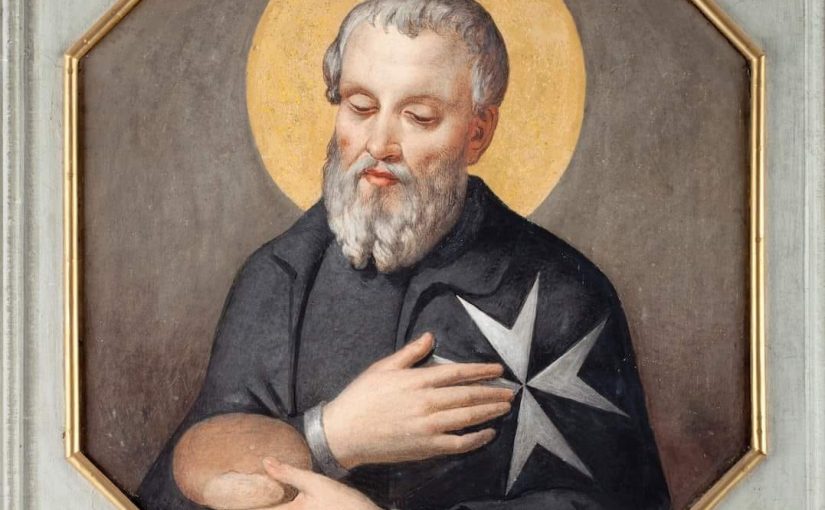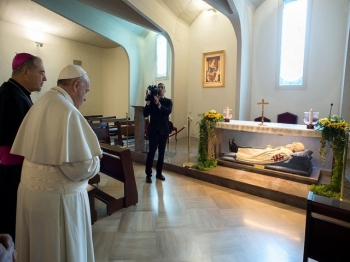The Latin Church today recalls the liturgical memory of the great and holy apostle and evangelist, John. He’s also referred in sacred Scripture as the Beloved Disciple. In art we see the young John laying his head on the chest of Our Savior –more than a mere metaphor, it is what every follower of Jesus ought to do, or aspire to do. John’s Gospel speaks eloquently of God’s love for humanity and portrays salvation in and through Jesus in a different light than the synoptics.
I recommended today as a day to pray for the Order of the Holy Sepulchre of Jerusalem through the intercession of St John not because he is directly connected with the Order but precisely because what is mentioned above, but also because “in Your poverty we might become rich…” [Ambon Prayer]. We hear this theological datum, God became poor for our sake, but do we believe it? There is wisdom here.
The point I am trying to make here is that our lives –seen as a whole– is to have a space for Christ Jesus in our hearts and minds. After all, we are to practice the presence of God! When you and I make room for Jesus, He doesn’t just show up; He transforms the space He’s given. When you and I make room for Christ, He brings peace to our chaos. Therefore, let’s make room for the miracle, and you’ll be amazed at what God will do!
Connecting St John with the Order of the Holy Sepulchre is an opportunity to discover what our vocation and mission is in the Order for the sake of the Kingdom and the salvation of all people in Christ crucified and risen.
Image: Nectarius Kuluksin (—1679), John the Evangelist in Silence, (tripping on wooden panel, 1679), 109 x 85 cm. Hermitage Museum, Saint Petersburg, Russia.
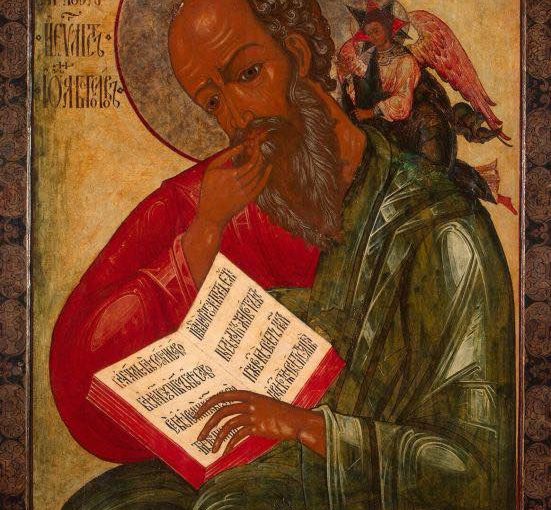
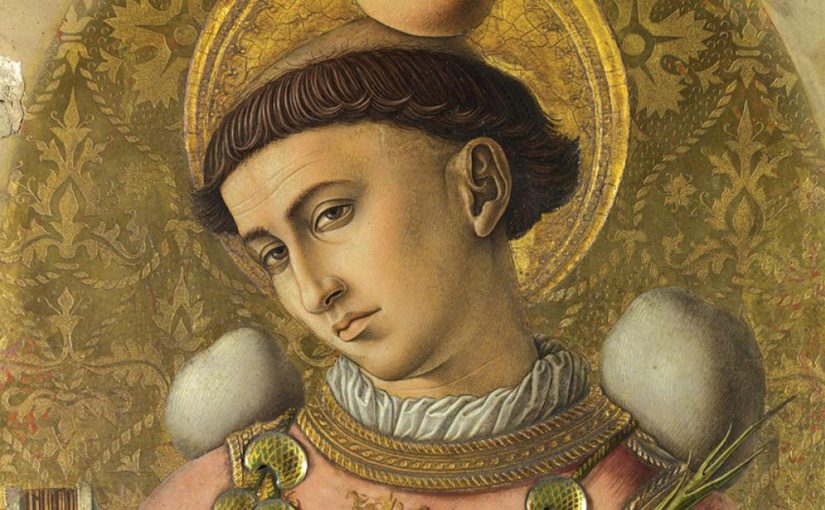
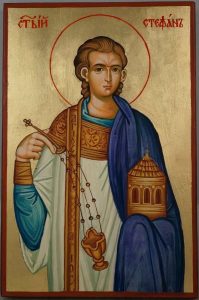 On the Byzantine liturgical calendar today is dedicated to the first-martyr, the holy deacon Stephen. The Latin Church recalls the remembers the apostles and evangelist St John.
On the Byzantine liturgical calendar today is dedicated to the first-martyr, the holy deacon Stephen. The Latin Church recalls the remembers the apostles and evangelist St John.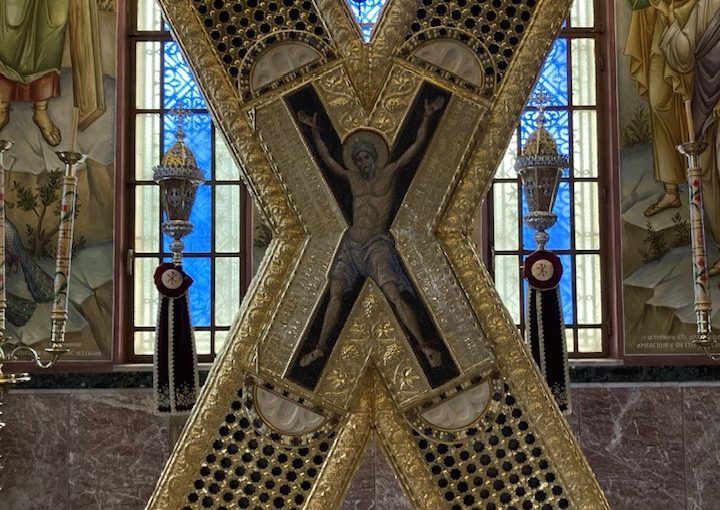
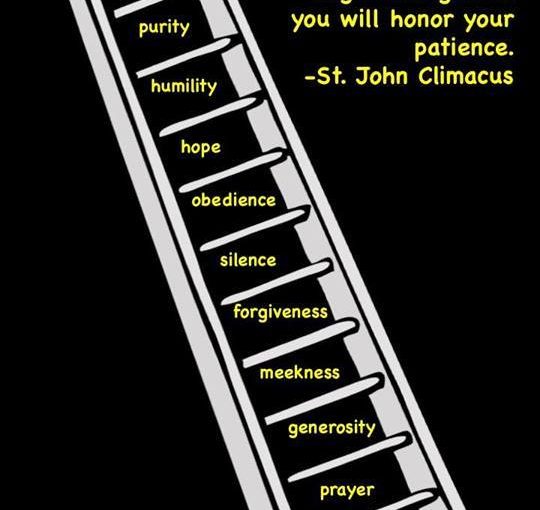
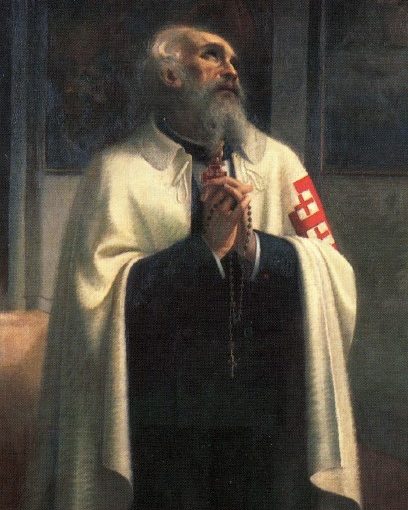
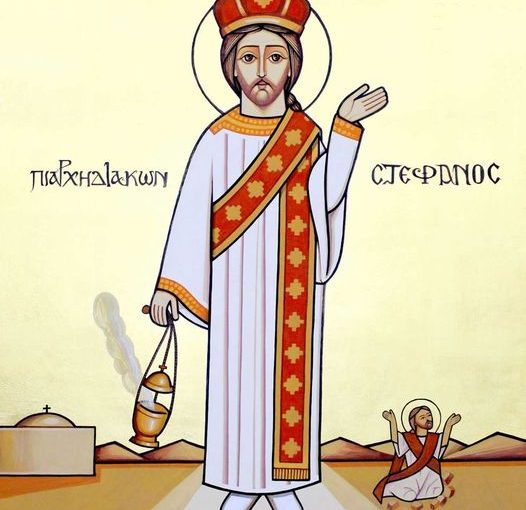

 St. Nicholas defended the Catholic faith and worked for peace and justice in his diocese, particularly worked for the good of the victims of human trafficking.
St. Nicholas defended the Catholic faith and worked for peace and justice in his diocese, particularly worked for the good of the victims of human trafficking.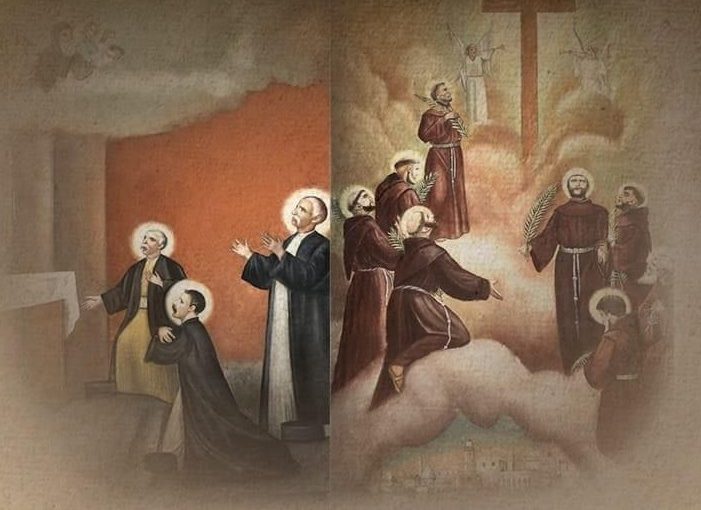
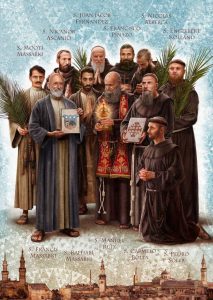 Today, the Pope canonized the Massabki Brothers, martyrs. They are called martyrs of faith and unity.
Today, the Pope canonized the Massabki Brothers, martyrs. They are called martyrs of faith and unity.